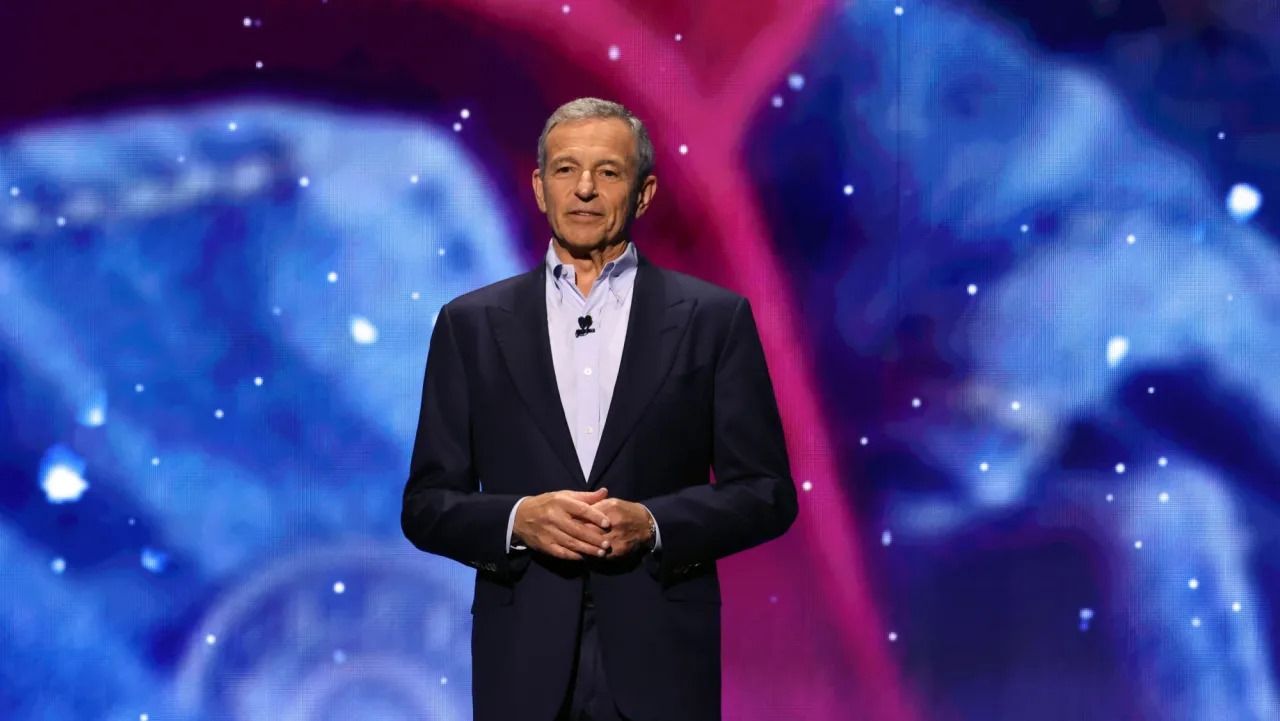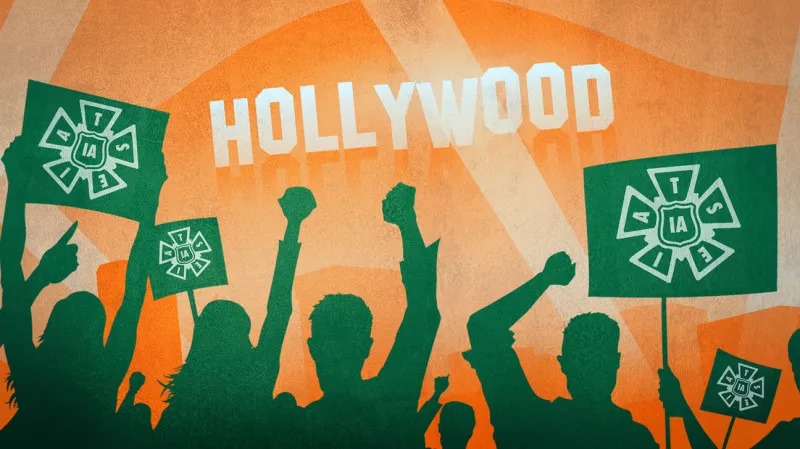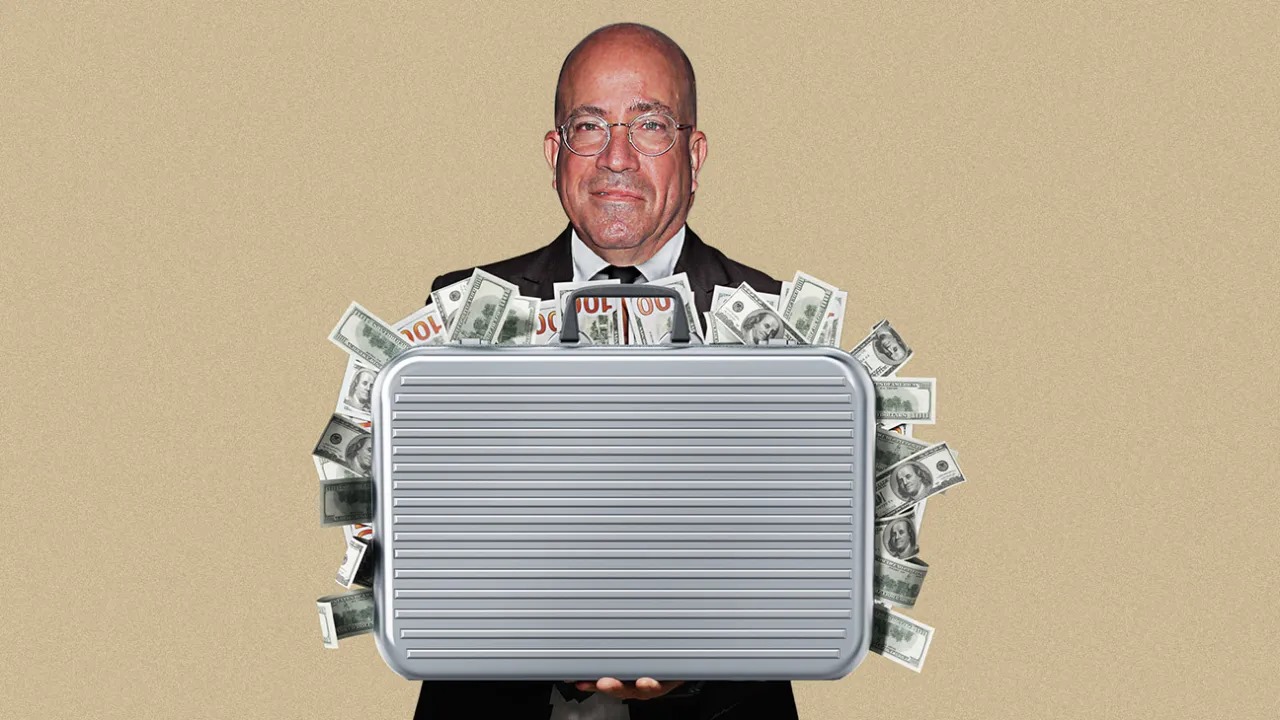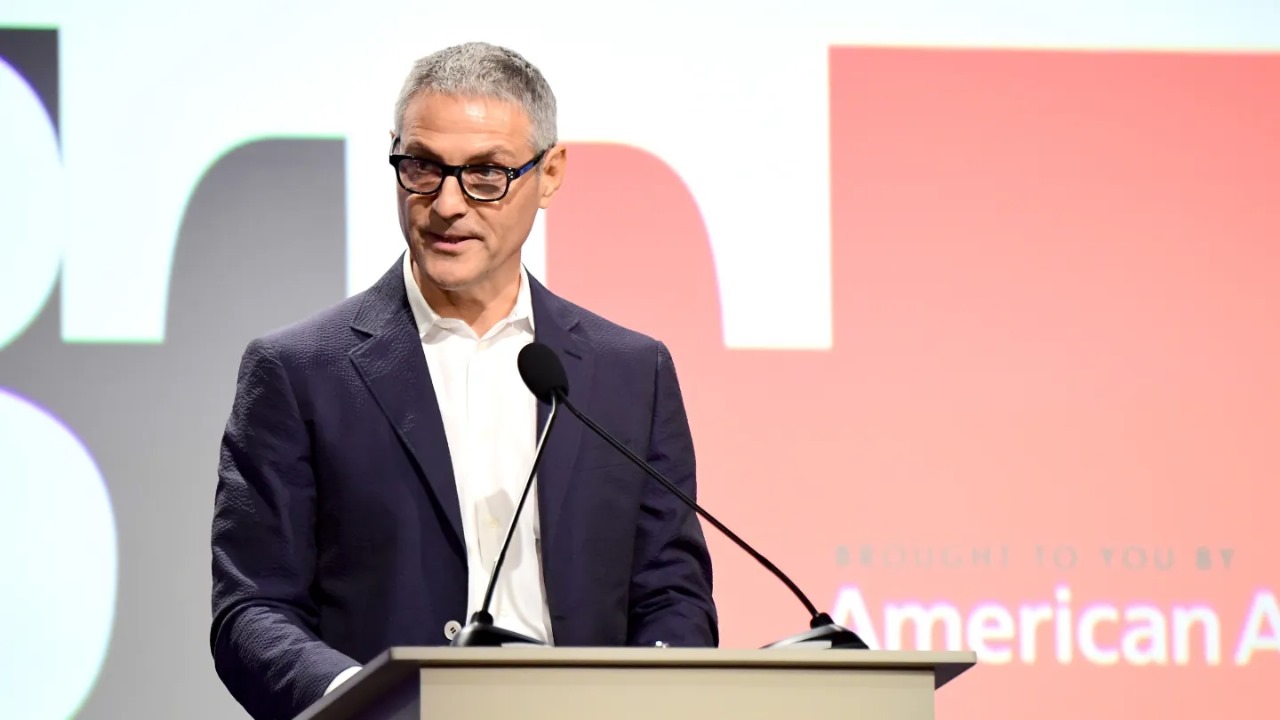Hollywood Studios Are Finally Taking Gaming Seriously


When Bob Iger returned as Disney’s CEO in late 2022, he sat down with Josh D’Amaro, Disney’s head of parks and experiences, and Sean Shoptaw, head of games, to learn about the media habits of younger consumers.
“The first thing they showed me were the demographic trends,” Iger recalled during a conversation with Wall Street analysts on February 7. “When I saw how much time Gen Z, Gen Alpha, and even millennials were spending on video games—comparable to what they spend on TV and movies—it was stunning.”
Iger quickly recognized the importance of adapting to this shift. “We have to be there, and we have to be there in a compelling way,” he added, noting that Disney had traditionally licensed its intellectual property (IP) to external game studios.
The surprising data led to Disney’s largest bet in gaming yet: a $1.5 billion investment in Epic Games, the studio behind Fortnite, with a vision to build a “games and entertainment universe” integrating Disney’s IP, interoperable with Fortnite. This universe would allow users to play and create games, even generate short-form videos, and possibly distribute some of Disney’s content.
In a landscape where streaming entertainment has struggled with profitability, traditional entertainment companies are rethinking how to engage younger audiences. Warner Bros. Discovery (WBD), the only major traditional company with a sizable in-house game studio, has ramped up its focus on games. WBD CEO David Zaslav sees games as a “critical differentiator” and a key growth opportunity for the company.
Netflix has also made significant investments in gaming, spending hundreds of millions to acquire indie game studios and release a variety of titles, including original games and popular ones like the Grand Theft Auto trilogy. Co-CEO Greg Peters highlighted that the Grand Theft Auto games delivered “the largest download and engagement numbers we’ve seen so far.”
Even Comcast, owner of NBCUniversal, explored entering the gaming space, holding talks to merge NBCU with Electronic Arts in 2022, although those discussions reportedly fell apart over valuation.
Entertainment companies have fluctuated in their approach to gaming over the years. Just last year, WarnerMedia (prior to the Discovery merger) considered selling its gaming division, and Disney had previously sold or shuttered its in-house game studios, opting for licensing deals instead. So why are major entertainment players now returning to gaming? Iger explained: Young consumers are spending as much time gaming as they are watching films and TV. He sees this as a $140 billion opportunity. As Zaslav noted, “Research has shown that Gen Z and Gen Alpha prefer gaming to any other form of entertainment.”
WBD’s Hogwarts: Legacy game, which sold 22 million copies and earned over $1 billion, is an example of the success that gaming can bring. WBD also released a new update to its Mortal Kombat franchise. While WBD has a game studio, Netflix, Disney, and NBCUniversal are still figuring out the best approach to gaming.
Netflix has embraced a mobile-first strategy, mixing smaller indie games with acquired titles like Grand Theft Auto and upcoming games based on Sonic the Hedgehog. Though gaming remains a small part of Netflix's offering compared to film and TV content, the company sees significant growth potential in this area. Wells Fargo analyst Steven Cahall views gaming as an additional content vector for Netflix’s continued growth.
Until now, Disney has primarily licensed its IP to other game studios—like EA’s Star Wars titles and Sony’s Spider-Man 2. However, its $1.5 billion investment in Epic Games marks a major shift, positioning the company to expand its presence in gaming and reach younger audiences. Morgan Stanley’s Ben Swinburne likened this move to “playing offense” by investing where younger consumers spend most of their time.
Epic Games, buoyed by its success with Fortnite, has a long history with Disney and has even licensed characters like Marvel superheroes to be featured in the game. This partnership presents an opportunity for Disney to rapidly grow in the gaming space, leveraging its vast IP portfolio. Disney has long integrated its characters and franchises into its theme parks, merchandise, and other platforms like the Apple Vision Pro, where users can enjoy Star Wars content in immersive environments.
For companies looking to build or revitalize brands, gaming provides a fresh way to engage younger consumers. Zaslav noted that the success of Hogwarts: Legacy, where fans played more than 700 million hours, not only benefited WBD’s gaming business but also helped reinvigorate the Harry Potter franchise. WBD is even developing a Harry Potter TV series in response to fan demand.
As Peters pointed out, recognizable games—often based on popular IP from films and TV—are the most successful. This is a strategy that Disney, Netflix, WBD, and others will continue to use as they explore new ways to tap into the gaming market and engage young audiences.
Film, TV, and entertainment industry news. Plus, every Friday, a special Awards Insider edition.
By signing up, you agree to our user agreement (including class action waiver and arbitration provisions), and acknowledge our privacy policy.

Charter revamps cable bundles with streaming deals, prioritizing flexibility and affordability.
By Lars Nielsen
SiriusXM and Wondery secure top podcast deals to drive growth.
By Lars Nielsen
The biggest entertainment deals of 2024 and the power players behind them.
By Lars Nielsen
RedBird IMI acquires All3Media, expanding its global TV production empire.
By Lars Nielsen
Paris 2024 boosted On Location’s hospitality, driving Endeavor’s overall growth.
By Lars Nielsen